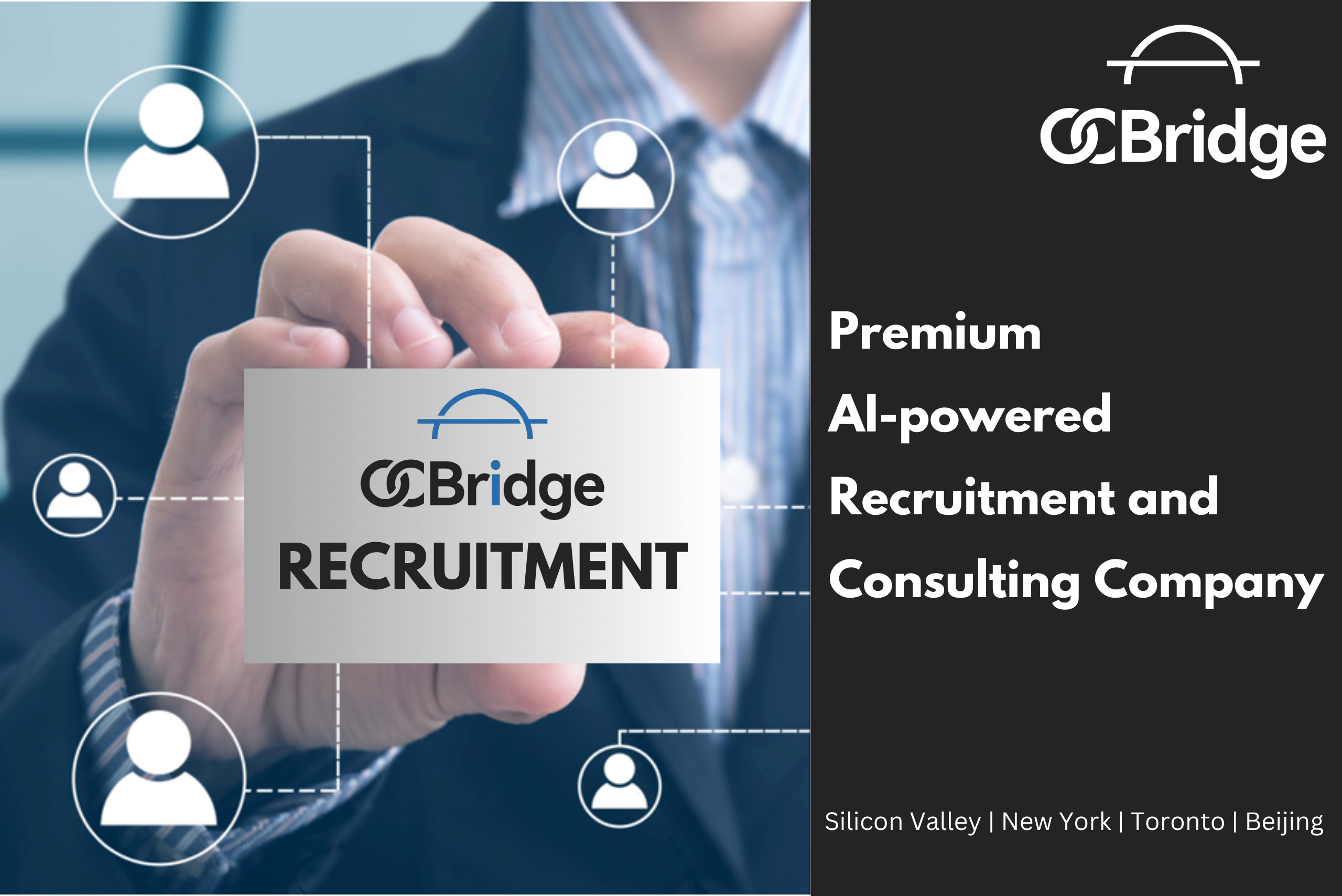AI Innovations in Late 2024: What's Changing and How It Impacts the Job Market
- OpenAI’s 12 Days of Updates:
OpenAI has rolled out powerful new tools, including Sora for AI video generation and ChatGPT’s o1 model, which enhances reasoning for complex tasks. Additionally, ChatGPT is now integrated into Apple Intelligence with iOS 18.2, improving Siri’s ability to analyze images and generate text.
- Google’s Gemini 2.0:
Gemini 2.0 introduces multimodal AI capable of processing text, images, and video. Upgrades to Code Assist offer faster, more context-aware coding help, while Project Astra and Mariner introduce advanced AI assistants for real-time tasks like web browsing and conversation.
- Apple’s AI Overhaul:
Apple has integrated ChatGPT into Siri for iOS 18.2, enabling users to generate content and analyze images directly within Siri, making Siri more competitive with other advanced voice assistants.
How These AI Advances Impact the Job Market
The rapid evolution of AI is transforming job roles across industries. Here’s what we’re predicting for the job market in 2025:
1. Increased Demand for AI Talent
As AI becomes embedded in business operations, roles like AI developers, data scientists, and AI product managers will be in high demand. Companies will need specialists who can build, integrate, and fine-tune AI applications for specific needs.
Key Skills to Watch:
- AI frameworks (TensorFlow, PyTorch)
- Machine learning and deep learning
- AI ethics and safety
- Multimodal AI (text, images, video)
2. AI-Enhanced Roles
Jobs that were once manual or routine are now becoming AI-assisted. For example, software developers will rely on tools like Google’s Code Assist and OpenAI’s Canvas to code faster and more efficiently. There will also be a growing demand for AI trainers and AI ethics specialists to ensure AI models are accurate and ethical.
3. Hybrid Skillsets on the Rise
AI tools are extending beyond technical roles. Business analysts, product managers, and creatives (e.g., marketers, content creators) will need to incorporate AI into their work. Marketers might use Sora for AI-powered video creation, while product managers might leverage AI assistants for market research and trend analysis.
Roles to Watch:
- AI-powered content creators
- AI-savvy business analysts
- AI-focused product managers
4. Automation and Job Transformation
While AI will create new opportunities, it will also automate jobs in areas like customer service, data entry, and even software development. Job seekers will need to focus on upskilling to stay competitive. For example, customer service reps may transition to roles in AI operations or management as chatbots and virtual assistants take over more tasks.
5. AI-Driven Recruitment
AI is reshaping recruitment by streamlining how companies assess and hire candidates. AI tools are enabling recruiters to identify top talent faster and more accurately. As a result, AI recruitment professionals and HR tech specialists will be in high demand to help businesses optimize their hiring processes.
OCBridge’s Perspective on 2025 AI Landscape
At OCBridge, we’ve been using our own AI automation tools for years, making us uniquely equipped to navigate the evolving AI landscape. Our experience in AI recruiting helps us streamline the hiring process, saving time and increasing efficiency for both job seekers and employers.
For job seekers, continuous learning and adaptability will be key. Those who combine traditional skills with AI knowledge will have a competitive edge.
For employers, there’s a growing need for talent who can manage and collaborate with AI tools. This includes AI strategy experts to guide ethical AI use, and AI developers who can help companies leverage the full potential of these technologies.
As we look toward 2025, the AI-powered job market will continue to evolve quickly. At OCBridge, we’re here to help both employers and job seekers thrive in this dynamic new era. And if you’re looking to hire AI talent, you don’t need to worry about finding the right recruiters—we’re already here to help!



